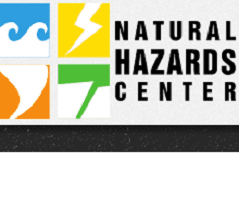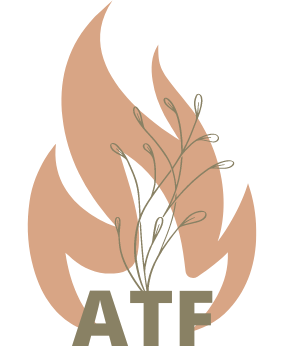Events

Fire in the Southwest, past and present – Fire season 2022 overview and 2023 outlook
View webinar recording. Zander Evans will present an overview of the 10 largest fires in the Southwest during 2022. He will share summaries of forest types and burn severities for…

Wildfire ready watersheds
Webinar recording. The Wildfire Ready Watersheds Program provides guidance to help predict where and what post-fire impacts will be felt in local communities. The program provides a detailed work plan…

New NOAA/NESDIS satellite products for wildland fire applications
Webinar recording. In an effort to address key capability gaps, the NOAA National Environmental Satellite, Data, and Information Service (NESDIS) has established a Wildland Fire Program focused on impactful service…

An overview of the fuel situation in California: Reading the Tea Leaves S4, E3
Access the video. In this webcast, Research Ecologist Dr. Matt Reeves analyzes rangeland fuel conditions across California by evaluating the main factors of fuel amount and type, proximity to larger…

Data and communications: Utilizing innovative tools to communicate climate impacts
Webinar recording. Description: Climate change is not just a global issue, but a local and regional reality. Action is needed at all levels, and the integration of landscape conservation strategies…

Natural Hazards Research and Applications Workshop
Workshop website. About the Workshop: Since 1975, the Natural Hazards Center has hosted the Annual Natural Hazards Research and Applications Workshop in Colorado. Today the Workshop brings together federal, state,…

California Fire Return Interval Departure database: What it is and how to use it
Webinar recording. FRID statistics have been used for decades to help managers and scientists understand the ecological consequences of changing fire frequencies. The Forest Service Region 5 Ecology Program worked…

Increasing post-wildfire planted seedling survival: From experimental plantings to reforestation planning
Webinar recording. This presentation examines how post-fire planting success is influenced by climatic, microclimatic, topographic, and biotic factors. Multiple seedling planting experiments across northern New Mexico were evaluated using seedling…

Fire, flood, and mud: Assessing postfire debris-flow hazards across the western US
Webinar registration. Parts of the western U.S., like southern California and Colorado, have a history of damaging debris flows after wildfire. Other regions are facing new postfire risks due to…

Native seeds: Supplying restoration- A nine-part video series
View videos. Native Seeds: Supplying Restoration is a nine-part video series that explores the native seed supply chain in the western United States. Filmed over four seasons, this series weaves…

